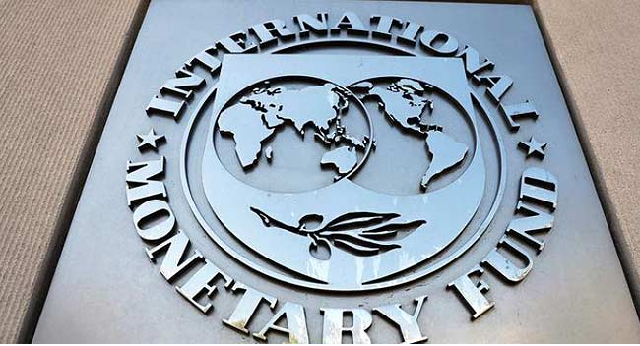Except Nigeria and other countries in Africa handle the crisis created by COVID-19 with care, it may fuel further conflicts and instability, the Mo Ibrahim Foundation (MIF) has warned.
The warning is contained in a report released by the foundation during the week. The report is titled COVID-19 in Africa: a call for coordinated governance, improved health structures and better data.
In its 22-page report, the foundation said apart from the economic impact the virus would have on the economy in Africa, it may “test the institutional fragility of some countries, fuelling further conflicts and instability.”
Many countries in the continent are facing internal security challenges ranging from armed insurgencies to terrorism and banditry.
Already, the United Nations Economic Council for Africa (UNECA) had warned that the pandemic would hit economic growth from an expected 3.2 percent down to 1.8 percent .
But the report said: “If not addressed in a collective and organised way, this could reverse the positive growth of the past decade and impact areas where Africa has steadily progressed, be it the fight against malaria or against poverty.”
Moreover, according to the report, this could spill over beyond the economy.”
The report noted that the spread of COVID-19 “is accelerating across the world. In Africa, most countries have now confirmed cases and the number of fatalities is rising.
“If allowed to spread unmanaged, the impact on African citizens and economies will be substantial”, the report added.
It noted that despite factors mitigating against the spread of the virus in the continent, including the average age of African citizens, which is the lowest globally, and factors relating to the continent’s climate, the foundation warned that, Africa might yet be worst hit by this invisible disease.
“Africa’s already fragile health systems, coupled with a high burden of respiratory and diabetic diseases and densely packed urban agglomeration, are likely to increase the vulnerability of the continent and the lethality of the virus”, it warned.
Dr Tedros Adhanom Ghebreyesus of the World Health Organization (WHO), had earlier called on Africa to “wake up” to the COVID-19 threat and prepare for a worst-case scenario.
The Mo Ibrahim Foundation warned that public health systems across the continent would quickly be overwhelmed if the virus took hold in Africa, a continent that is home to over a billion people.
The report listed some immediate challenges calling for action in the continent, first suggesting that sound and coordinated governance, which it observed, was needed across the continent.
The report noted that any pandemic required by nature a general coordination of efforts across national and regional borders, and with multilateral actors and partners, even more so in a globalised world.
Secondly, the report said there was an urgent need to act on the lessons learned from the Ebola outbreak in 2015 and address the specific weaknesses of Africa’s health structures: improve health systems, and citizens’ access to them, and more generally strengthen data and statistical capacity.
Thirdly, it noted that only 10 African countries provided free and universal health care to their citizens, while healthcare in 22 countries was neither free nor universal.
“Governments need to make swift improvements in handling and improving access to basic health services,” it said.
It noted that many countries in the continent were less prepared for the effective point of entry screening and monitoring of travellers and treatment of cases.
“Efforts to strengthen and enhance preparedness could help to save lives. Data coverage on health facilities and health outcomes in Africa is low,” the report said.
The report said: “Only eight African countries have complete birth registration systems. This impacts the timely production of data, crucial during health emergencies.
“Quality statistics, and the funding and autonomy of National Statistics Offices, are essential for all stages of evidence-based decision-making and policy formulation, namely in health care.
“With the general weakness of health structures, from human
resources to equipment and supply chains, working together is critical now more than ever.
“Many National Public Health Institutes (NPHIs) have been created after health systems failed to respond to crises due to fragmented and insufficient responses.
“Finding ways to collaborate and work together to fight this
challenge, protect lives and improve health capabilities is critical,” the report said.
Source: THISDAY













